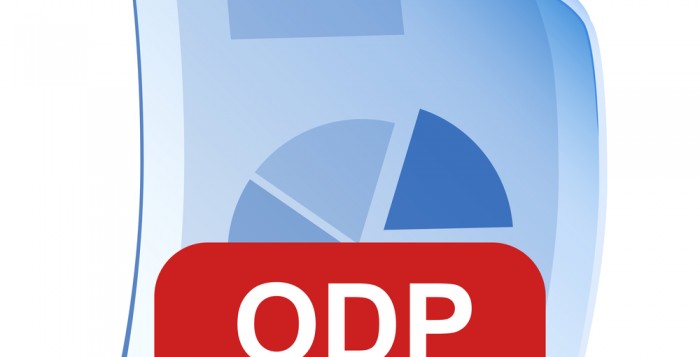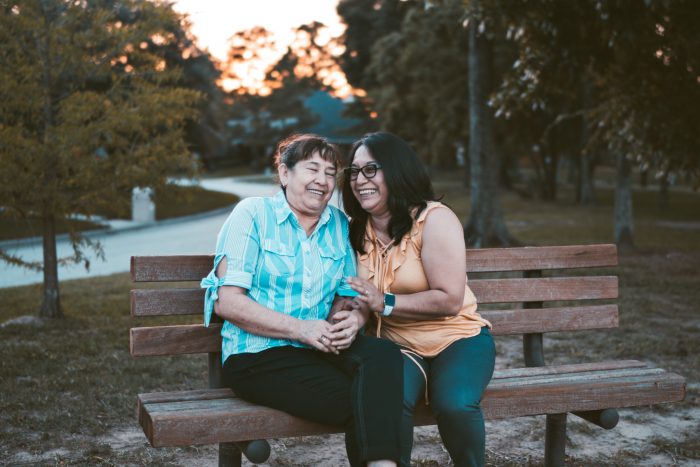ODP Announcement 24-049 announces that the recording of the live virtual training sessions held in February and March 2024 regarding implementation of the Residential ISP Staffing approach for Program Specialists is now available on MyODP.
The recorded training session is provided for Residential Provider Program Specialists who contribute to ISP development but were unable to attend the live, virtual training. The training focuses on Program Specialist expectations in ISP development and ensuring consistent, statewide implementation of the Residential ISP Staffing approach.
Program Specialists are responsible for providing critical and up-to-date information to the ISP team so that the ISP is person-centered and mitigates risks to health and safety.
All participants must complete the current prerequisite online training (Residential ISP Staffing: It’s About the Person, Not the Numbers) before being able to view the recordings.














